Jul 3, 2024
Freelancing vs. Working for Agencies in Photography
When choosing a career path in photography, photographers often weigh the pros and cons of freelancing versus working for agencies. Each option offers distinct advantages and challenges that cater to different professional aspirations and lifestyles.
Freelancing: Creative Autonomy and Flexibility
Freelancing in photography provides unparalleled creative freedom and flexibility. Photographers can set their schedules, choose clients, and define their artistic direction without external constraints. This autonomy allows for exploration across various photography genres, from portraits to landscapes and beyond. Moreover, freelancers have the opportunity to earn higher incomes per project, especially as they build a reputation and client base.

Freelancing vs. Working for Agencies in Photography
Challenges of Freelancing
However, freelancing also comes with challenges. Managing administrative tasks, such as client acquisition, billing, and marketing, falls solely on the photographer. Without the support of an agency, freelancers must invest time and effort in business development and maintaining client relationships. Additionally, income can fluctuate, depending on project frequency and market demand, requiring careful financial planning and budgeting.
Working for Agencies: Stability and Resources
Working for photography agencies offers stability and access to resources that freelancers may find challenging to acquire independently. Agency photographers benefit from a steady flow of assignments, established client relationships, and marketing support. Moreover, agencies often provide access to high-end equipment, studio spaces, and technical expertise that enhance creative capabilities and professional development.
Constraints of Agency Employment
Despite these benefits, agency photographers may encounter limitations on creative control and project selection. They must adhere to agency guidelines, client preferences, and sometimes strict deadlines, which can impact personal artistic expression. Additionally, while agencies offer stability, income may be more fixed and salary-based, with fewer opportunities for immediate income growth compared to freelancing.
Conclusion
Ultimately, the choice between freelancing and working for agencies depends on individual career goals, lifestyle preferences, and risk tolerance. Freelancing appeals to those seeking independence, creative freedom, and potentially higher earnings per project. In contrast, agency employment offers stability, access to resources, and a structured environment conducive to professional growth. Photographers often navigate between these options throughout their careers, adapting to changing preferences and market dynamics.
More Details